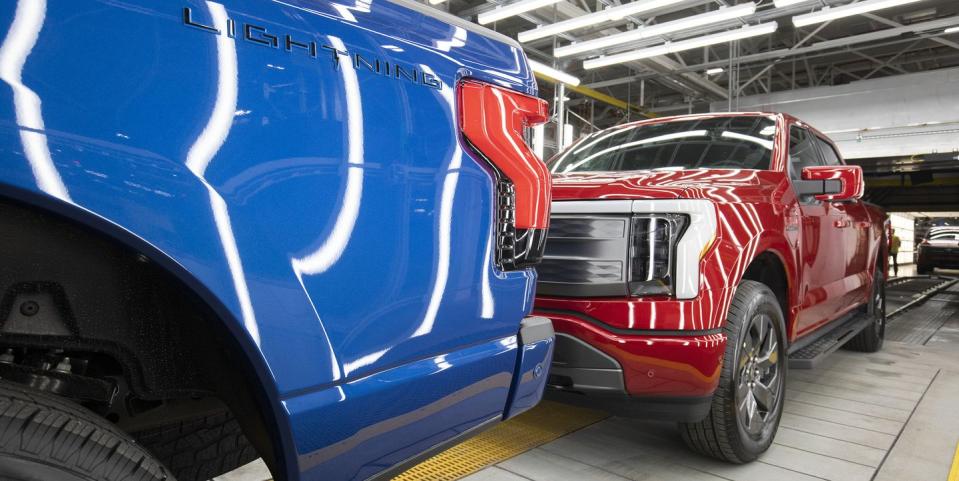Senate Proposal Aims to Expand EV Tax Credit Limit

Democratic lawmakers in the Senate proposed a $369 billion climate-related package last week with the renewed support of part-timer Senator Joe Manchin III (D-WV). The bill has the potential to dramatically change the adoption rate of electric vehicles in the country, while combatting China’s continued hold on various aspects of the EV supply chain by igniting domestic manufacturing.
The proposal aims to achieve its goals of fighting climate change and the growing competition from China by way of deploying various tax breaks for individuals and companies, as well as other large incentives for businesses who choose to work in America. Most notably for the automotive industry, the Senate proposal will see the current cap on EV-sale related tax credits removed. According to the current law, taxpayers can file a tax credit of $7500 for purchasing an EV, so long as the automaker hasn’t already sold 200,000 tax-credit applicable vehicles. These credits have applied to both full EVs and plug-in hybrids, which is why automakers Tesla and GM are both already out of credits before the EV revolution even really begins. Other large players like Ford and Toyota aren’t far behind, which could start to present issues for average consumers. Electric vehicles have largely proven to be more expensive than their internal-combustion counterparts thus far, with the tax credit helping to keep vehicles accessible to the middle class. The average price of a new electric vehicle has risen to more than $60,000, according to The New York Times.

To further assist with these market pressures, the Senate has also proposed extending these tax credits to used electric vehicle sales. More specifically, the bill suggests an allocated tax break up to $4,000 for one of these purchases. It is worth noting however that these tax breaks are somewhat dependent on your income. Individuals marking $150,000 a year or couples earning $300,000 are disqualified for the new car tax break. The used car break is limited to earners of $75,000, or $150,000 for couples. The government isn’t interested in trying to help you snag a luxury good either, and has placed a limit on vehicles with high retail prices. Any sedan that sells above $55,000 is ineligible, as are vans, trucks and SUVs with a sticker price of $80,000 or more. Sorry, no Hummer EV or Lucid Air models for you. The new tax credits will survive until at least 2032 if passed.

 Yahoo Autos
Yahoo Autos 